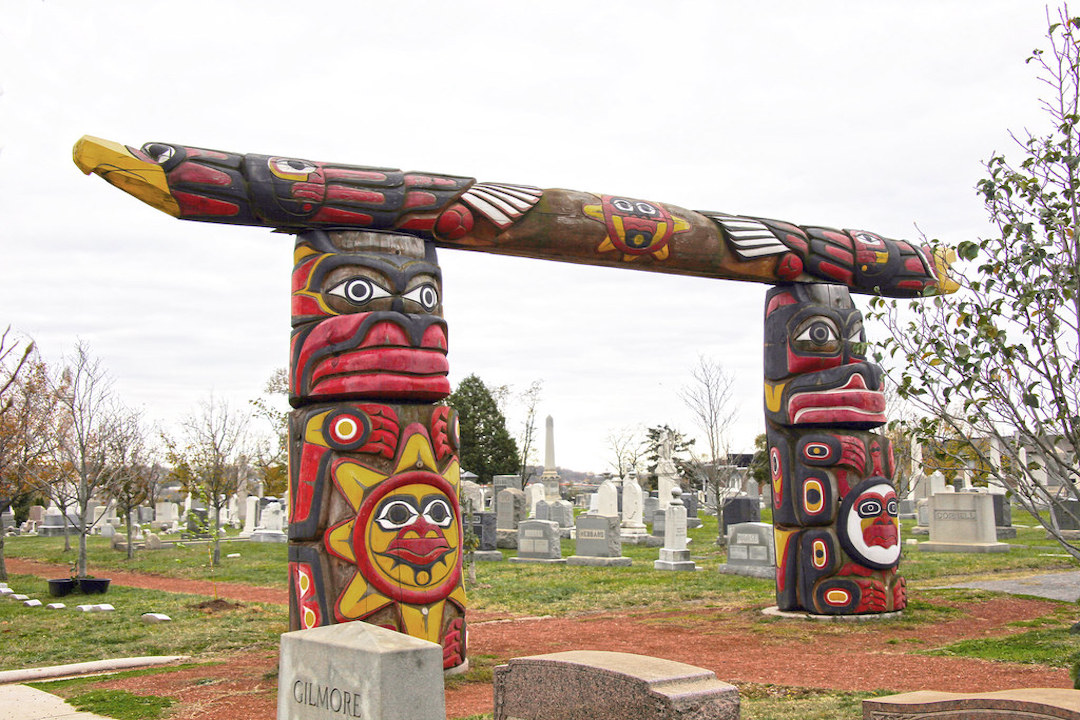By Briahnna Brown
Like other disadvantaged communities in the United States, the COVID-19 pandemic has disproportionately impacted Indigenous people who have been battling the virus with minimal federal support.
Before the pandemic’s spread in the United States, Indigenous communities saw tourism as an opportunity to generate income, alleviate poverty and enhance access to healthcare and education while preserving their cultural and natural resources. While the pandemic has exacerbated the systemic inequalities that have made attaining these goals difficult for Indigenous communities, it also has shown that people can reinvent and renew, said Seleni Matus, executive director of the George Washington University International Institute of Tourism Studies, which is housed in the School of Business.
“Like everyone else, the reality of COVID has forced us all to readjust and rethink while the impact of the virus has been devastating to communities around the world, particularly Indigenous communities,” Ms. Matus said. “COVID has called on us all to draw on our resources for resilience, and who embodies this quality more than Indigenous peoples? Despite the odds, here you are to tell and share your stories, to teach, to learn, to listen and to lead.”
The Indigenous Tourism Forum of the Americas started on Indigenous People’s Day on Monday, and throughout the week it showcased pre-recorded and live events such as virtual tours, keynote speeches from Indigenous leaders, virtual tours of Indigenous lands, virtual roundtable discussions and networking opportunities through Zoom. The forum focused on how the pandemic has impacted the tourism industry for Indigenous communities in North and South America, and was started after organizers identified a long-term need for enhanced tourism efforts around the Indigenous community.
During a discussion on Indigenous people and the travel industry, Ms. Matus said that she learned through her experience working with Indigenous groups that there is a need for a better understanding of how relationships work with the private tourism and hospitality industries. The lack of trust from Indigenous communities is a real, understandable issue, Ms. Matus said, and the key is ensuring that those communities are an equal partner in business decisions.
That is why the International Institute of Tourism Studies, in partnership with travel company G Adventures, developed a set of guidelines to encourage responsible tourism practices with Indigenous communities.
Jamie Sweeting, vice president of enterprise and sustainability at G Adventures, said that they targeted travel companies when developing this guide because all existing guidance they found was targeting Indigenous communities and how they need to adjust to working with private sector companies, but nothing the other way around. This highlighted a power imbalance that they felt a responsibility to address through the guide, Mr. Sweeting said.
“It was about how can you, as a company, listen and learn that the experiences that you bring travelers to have with Indigenous communities need to be controlled by the Indigenous communities themselves,” Mr. Sweeting said. “[The guide] was about creating opportunities for Indigenous employments and ownership, and ensuring that traditional knowledge, protocols and ways of working are protected and respected.”
With a forward-looking approach, the forum brought Indigenous leaders together to discuss how tourism can drive economic recovery after the pandemic or when people can safely travel.
Fawn Sharp, president of the National Congress of American Indians and member of the Quinalt Indian Nation, said that tourism is central to many of the social, political and economic connections that Indigenous people need to make for their survival. She said she has used tourism to host the United Nations in the past, and showcasing their culture helped ease diplomatic discussions and create allies.
“I believe tourism not only provides us a venue and an opportunity, but a real clear path to opening the hearts, minds and spirits of those that we need to ally with,” Ms. Sharp said.
“As we face these challenging times, and as every country and every community is looking toward working together to see our way through a global pandemic, through climate change, through all these apocalyptic challenges,” she said, “it is so critically important that we find that common place and common ground that's a solid foundation upon which we can negotiate through these issues.”





